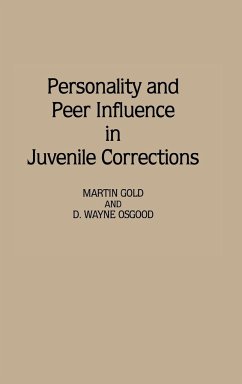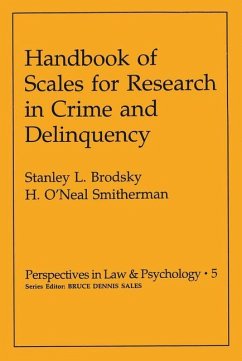This is an innovative study of 300 delinquent boys in a medium security institution and after their release. This longitudinal field experiment shows how peers affect the rehabilitation of different group members, how staff use those influences to lead to prosocial change after release from the institution, and how different behavior, values, and feelings improved. This well-designed research has broad implications for use in graduate courses in sociology, criminology and penology, social and personality psychology, and group dynamics. The book is equally useful to administrators and policymakers dealing with delinquents and individuals with behavior problems. The field experiment was devised with both practical and theoretical purposes in mind, to develop corrective programs for delinquent youth and to test social science hypotheses in the context of a longitudinal experimental research design. The study presents a typology of delinquent boys that guides differential treatment, focuses on peer group and staff influences, and identifies factors in residential treatment and in the open community that facilitate prosocial reentry. The findings test hypotheses about group and staff impact on anti-social behavior within the institution and after release.
Hinweis: Dieser Artikel kann nur an eine deutsche Lieferadresse ausgeliefert werden.
Hinweis: Dieser Artikel kann nur an eine deutsche Lieferadresse ausgeliefert werden.








